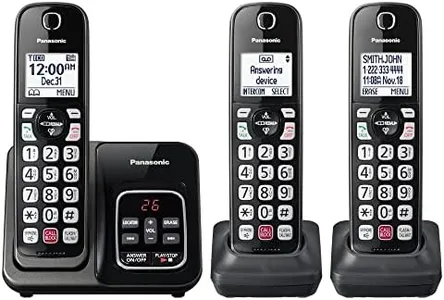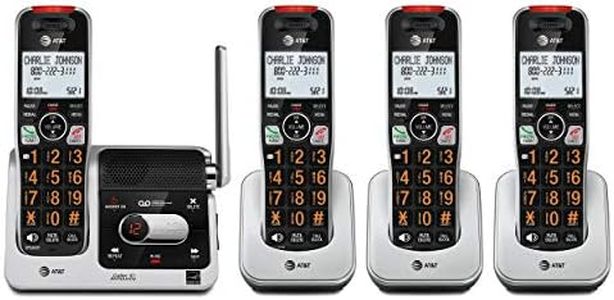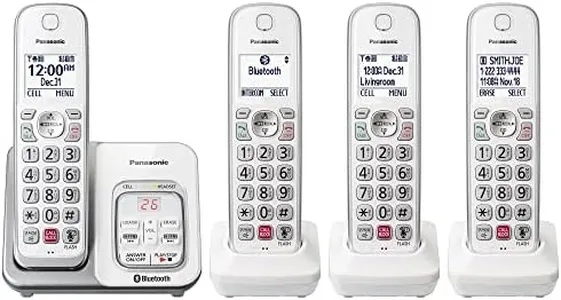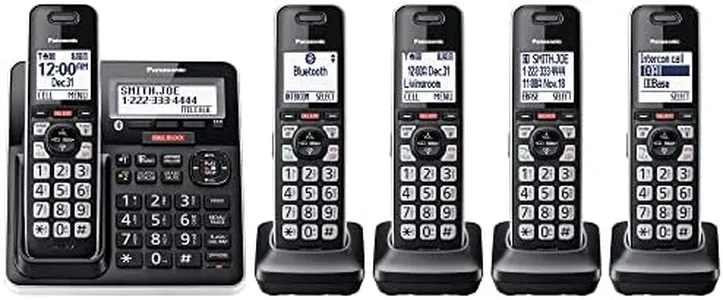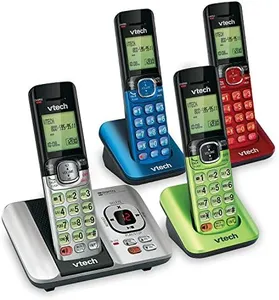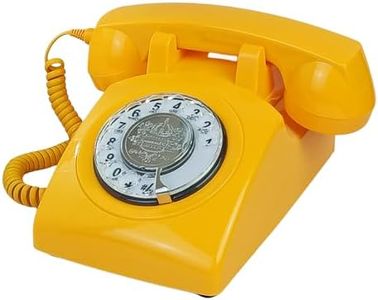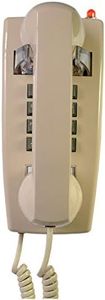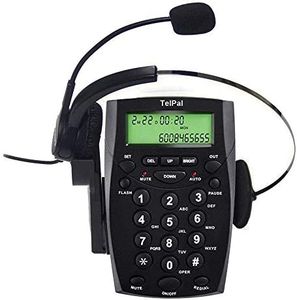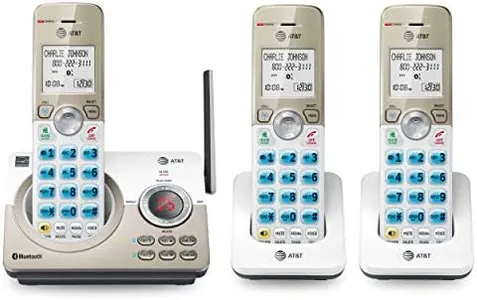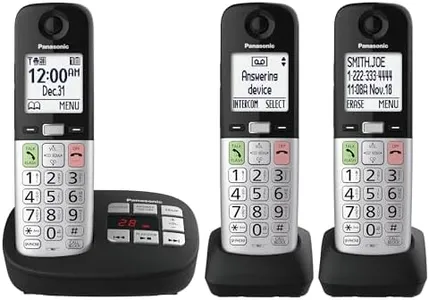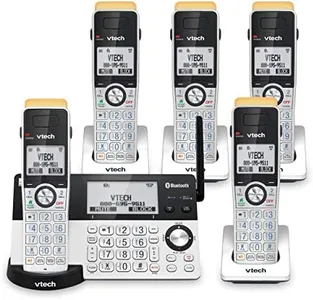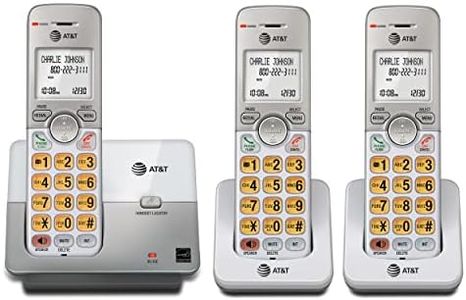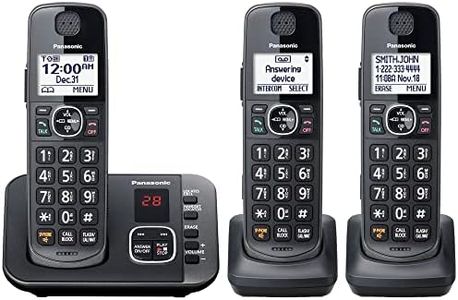We Use CookiesWe use cookies to enhance the security, performance,
functionality and for analytical and promotional activities. By continuing to browse this site you
are agreeing to our privacy policy
10 Best Wireless Home Phone Systems 2025 in the United States
How do we rank products for you?
Our technology thoroughly searches through the online shopping world, reviewing hundreds of sites. We then process and analyze this information, updating in real-time to bring you the latest top-rated products. This way, you always get the best and most current options available.

Buying Guide for the Best Wireless Home Phone Systems
Choosing the right wireless home phone system can greatly enhance your communication experience at home. These systems offer the convenience of mobility within your home while maintaining the reliability of a traditional landline. To make an informed decision, it's important to understand the key specifications and how they align with your needs. Here are the main factors to consider when selecting a wireless home phone system.RangeRange refers to the maximum distance the handset can be from the base station while still maintaining a clear connection. This is important because it determines how far you can move around your home or property while on a call. Typically, ranges can be divided into short (up to 150 feet), medium (150-300 feet), and long (over 300 feet). If you have a large home or need to use the phone in the yard, a longer range is beneficial. For smaller homes or apartments, a shorter range may suffice.
Number of HandsetsThis spec indicates how many handsets come with the system and how many can be added. It's important because it determines how many rooms or areas in your home can have a phone. Systems usually come with one to four handsets, but some can support up to twelve. Consider how many rooms you want to have phone access in and choose a system that can accommodate that number.
Battery LifeBattery life refers to how long the handset can operate on a single charge. This is crucial for ensuring that your phone is always ready to use. Battery life can range from a few hours of talk time to several days of standby time. If you frequently use the phone for long conversations, look for a system with a longer talk time. For occasional use, a shorter battery life may be acceptable.
Call QualityCall quality is about how clear and reliable the audio is during a call. This is important for ensuring that you can hear and be heard without issues. Call quality can be affected by factors like interference and the technology used (e.g., DECT 6.0). Systems with advanced noise reduction and interference-blocking features generally offer better call quality. If clear communication is a priority, opt for a system known for its superior call quality.
Answering MachineAn answering machine is a feature that allows callers to leave messages when you are unavailable. This is important for not missing important calls. Some systems come with built-in answering machines, while others do not. If you need to keep track of messages, choose a system with a reliable answering machine. Consider the recording time offered, which can range from a few minutes to several hours.
Additional FeaturesAdditional features can include things like caller ID, call blocking, intercom, and Bluetooth connectivity. These features can enhance the functionality and convenience of your phone system. For example, caller ID helps you see who is calling before you answer, and call blocking can prevent unwanted calls. Think about which additional features are important to you and choose a system that offers them.
Most Popular Categories Right Now
